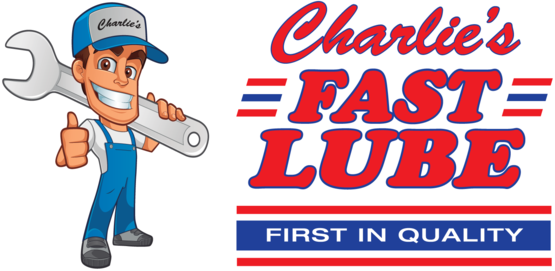Automotive Tips from Charlie's Fast Lube Jackson: When to Replace a Damaged Tire
June 12, 2022
Repair or Replace? That’s a question Jackson drivers ask when they have tire damage. Some punctures cannot be repaired because of their size or location. Punctures larger than a quarter of an inch (6.4 mm) are considered too large to be safely repaired. Punctures in the sidewall or near the shoulders may not be able to be repaired. And sometimes there is internal damage revealed on inspection that indicates the tire should not be repaired.
Run flat tires should not be repaired. Repairing high performance tires may make them unsuitable for motorsports. Your friendly and professional Charlie's Fast Lube Jackson service advisor can inspect your damaged tire and tell you if it can be safely repaired or if it should be replaced - and then help you get back on the roads around Jackson.
Give us a call.
Charlie's Fast Lube Jackson
1901 E. Jackson Blvd.
Jackson, Missouri 63755
575-243-2226
http://www.charliesfastlubejackson.com
Need Service?
More articles from Charlie's Fast Lube Jackson

The New Blade in Town
February 1, 2026
If your windshield wipers are streaking and chattering when you turn them on in the rain or snow, it's time for a little "blade renewal." And when it comes to new wiper blades, there are some new designs that are worth a look. One of the latest is called the beam blade. It's different than conve... More

Light Up your Life (Headlamp Replacement)
January 25, 2026
Did you know that having a burned out headlight can result in your rearview mirror reflecting some flashing lights? In other words, you might get pulled over by the police for only having one working headlight, because in most places it's against the law. Not only is it illegal to drive with one... More

Knowledge is Power (Battery Testing)
January 18, 2026
Its likely happened to you once or twice. You head to your vehicle, open the door, turn the key and lo and behold, your battery is dead. Now youre stranded, may have to get a jump or a tow, and youll definitely be late for wherever you were headed. While your vehicle may sometimes give you warni... More










